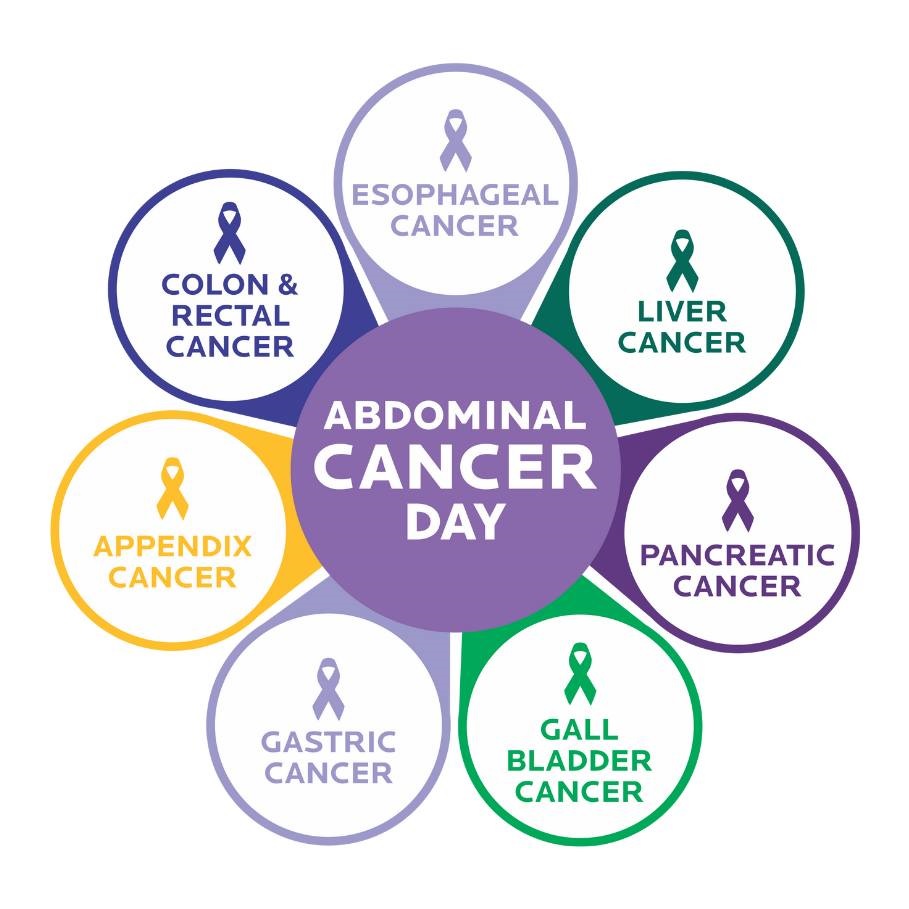
Cancer, a complex and devastating disease, continues to be a significant global health challenge. However, in recent years, the field of cancer research has witnessed remarkable progress and innovation, offering new hope and potential avenues for treatment, diagnosis, and prevention. Research programs dedicated to understanding the complexities of cancer have been pivotal in driving these advancements.
Cancer research program encompass a wide array of initiatives, ranging from basic laboratory studies to clinical trials and population-based investigations. These programs are often collaborative efforts involving scientists, oncologists, biotechnologists, pharmaceutical companies, and government organizations.
One of the fundamental areas of focus within cancer research programs is the exploration of the disease’s underlying mechanisms. Scientists are delving into the intricate molecular pathways that govern the development and progression of cancer. Understanding these mechanisms at a cellular and genetic level has paved the way for the development of targeted therapies that specifically address the unique characteristics of different cancer types. For instance, the emergence of precision medicine, which tailors treatment based on a patient’s specific genetic makeup, has significantly improved outcomes and reduced side effects.
Immunotherapy, a revolutionary approach in cancer treatment, has gained substantial attention within research programs. This innovative technique harnesses the body’s immune system to identify and eliminate cancer cells. It has shown remarkable success in various cancer types and has transformed the landscape of cancer treatment, offering new hope particularly for patients with advanced-stage cancers.
Clinical trials, a crucial component of cancer research programs, play a pivotal role in testing new treatments, drugs, and interventions. These trials not only assess the effectiveness and safety of novel therapies but also help in identifying biomarkers that predict treatment response. With each successful trial, the knowledge base expands, contributing to the development of more effective and tailored treatment options.
Furthermore, cancer research programs extend beyond treatment strategies, emphasizing the importance of early detection and prevention. Screening programs and research initiatives aimed at identifying biomarkers or developing innovative imaging techniques for early diagnosis have the potential to significantly improve patient outcomes by enabling interventions at earlier stages of the disease.
The power of big data and artificial intelligence is increasingly being harnessed in cancer research. Analyzing vast amounts of data allows researchers to identify patterns, predict outcomes, and personalize treatment approaches. Machine learning algorithms aid in interpreting complex biological information, leading to the discovery of new therapeutic targets and the development of more effective drugs.
It is essential to acknowledge the critical role of funding in driving cancer research programs. Governments, philanthropic organizations, and public support are essential in sustaining and advancing these initiatives. Increased investment in cancer research has the potential to accelerate progress and bring new discoveries from bench to bedside.
Despite the remarkable progress, challenges persist. Cancer is a complex and heterogeneous disease, and not all advancements may be universally applicable. Moreover, access to cutting-edge treatments and interventions remains a challenge for many individuals, highlighting the importance of equity in healthcare.
In conclusion, cancer research programs have made significant strides, offering hope and progress in the fight against this formidable disease. The collaborative efforts of researchers, healthcare professionals, and supportive communities continue to drive innovation and bring us closer to more effective treatments, early detection methods, and, potentially, a future without the devastating impact of cancer. Through sustained dedication and investment, the collective pursuit of knowledge and breakthroughs in cancer research programs holds the promise of a brighter, healthier future for individuals affected by cancer worldwide.


